Antiseptics play a crucial role in the prevention and treatment of infections by preventing the growth and spread of bacteria on living tissues. Antiseptics are safe to apply to skin and mucous membranes, unlike disinfectants, which are meant for non-living surfaces.
Here’s a closer look at the importance, types, and uses of antiseptics.
Importance of Antiseptics
Antiseptic play a crucial role in healthcare and daily hygiene. They are commonly used to:
– Prevent Infection: By reducing the number of microorganisms on the skin, antiseptics help prevent infections, especially in wounds and surgical sites.
– Promote Healing: Keeping wounds clean with antiseptics aids the natural healing process.
– Reduce the Spread of Pathogens: Regular use of antiseptics can help control the spread of infectious diseases, particularly in healthcare settings.
Types of Antiseptics
1. Alcohol-Based Antiseptics:
– Ethanol and Isopropanol: These are widely used due to their rapid action against bacteria, viruses, and fungi. Commonly found in hand sanitizers and disinfectant wipes, alcohol-based antiseptics are effective for quick skin disinfection.
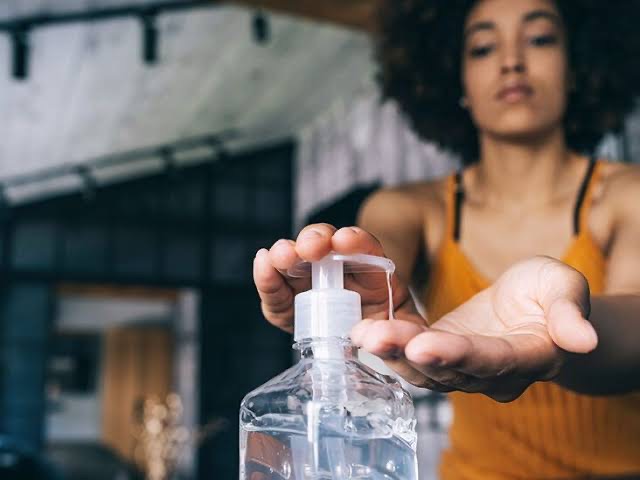
2. Chlorhexidine:
– Known for its long-lasting antimicrobial effects, chlorhexidine is often used in surgical scrubs, mouthwashes, and wound dressings. It’s effective against a broad range of bacteria and some viruses and fungi.

3. Hydrogen Peroxide:
– A mild antiseptic, hydrogen peroxide is used for cleaning wounds and as a mouth rinse. It works by releasing oxygen, which causes foaming that helps remove dead tissue and cleanse the area.
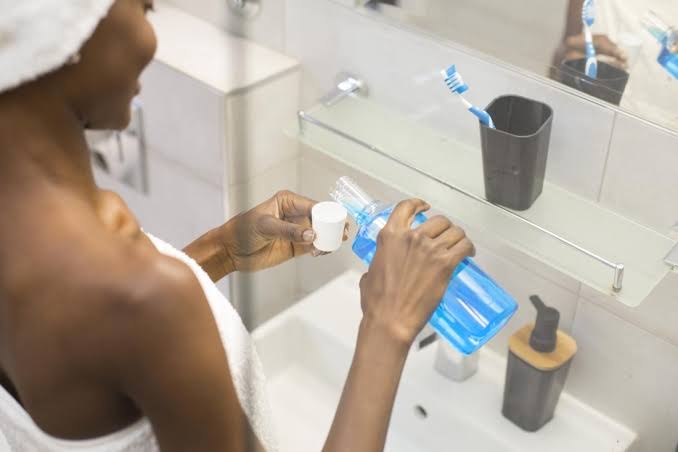
4. Iodine-Based Antiseptic:
– Povidone-Iodine: This antiseptic is effective against a wide variety of pathogens, including bacteria, viruses, and fungi. It is commonly used for preoperative skin preparation and in the treatment of minor wounds.
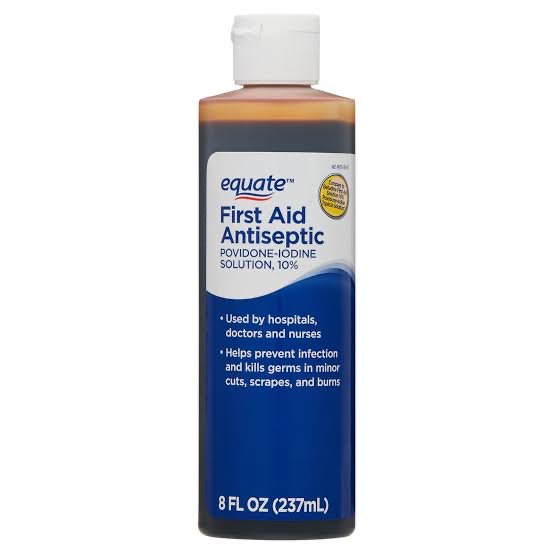
5. Phenolic Compounds:
– Phenol and its derivatives, such as hexachlorophene, are used in some surgical scrubs and antiseptic soaps. They have strong bactericidal properties but are generally less common due to potential skin irritation.
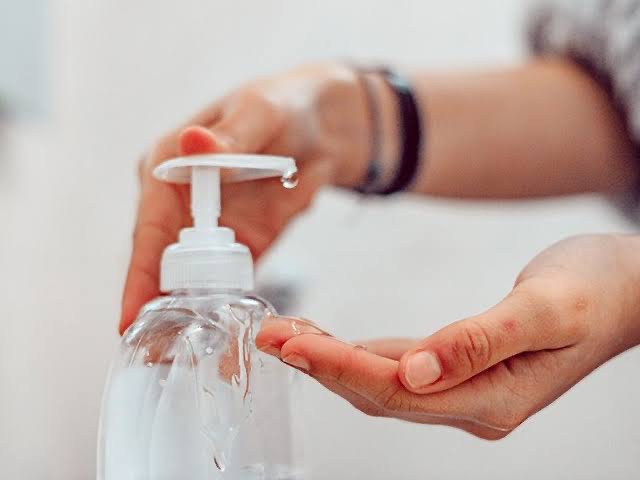
Common Uses of Antiseptic
– Wound Care:
– Antiseptics are used to clean cuts, abrasions, and minor burns, helping to prevent infection and promote healing.
– Preoperative Skin Preparation:
– Before surgical procedures, antiseptics are applied to the skin to reduce the risk of infection.
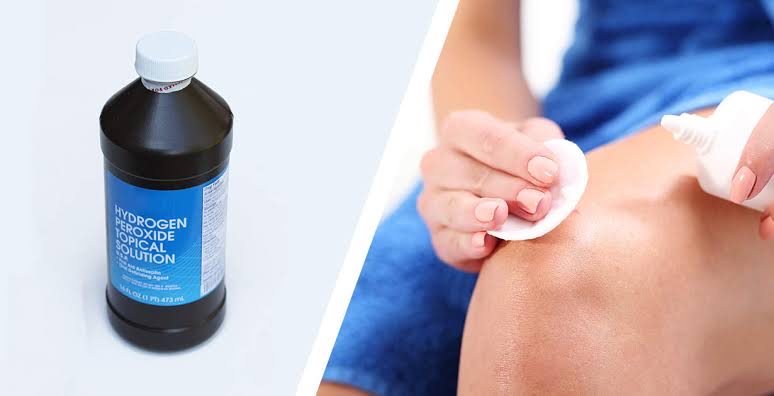
– Hand Hygiene:
– Hand sanitizers and antiseptic hand washes are essential for maintaining hygiene, especially in healthcare settings and during disease outbreaks.

– Oral Care:
– Antiseptic mouthwashes help reduce oral bacteria, prevent gum disease, and maintain oral hygiene.

Safety and Usage
While antiseptic is generally safe for topical use, it’s important to follow usage instructions to avoid potential side effects, such as skin irritation or allergic reactions. Here are some tips:
– Follow Directions: Always use antiseptics as directed by the product label or healthcare provider.
– Avoid Overuse: Excessive use can lead to skin irritation or disruption of normal skin flora.
– Consult a Professional: For deep or serious wounds, always seek medical advice.
Antiseptics are essential tools in the prevention and management of infections. By understanding their types and appropriate uses. You can effectively incorporate them into your hygiene routine to maintain health and prevent the spread of pathogens. Whether for wound care, hand hygiene, or surgical preparation, antiseptic play a vital role in promoting a cleaner, safer environment.